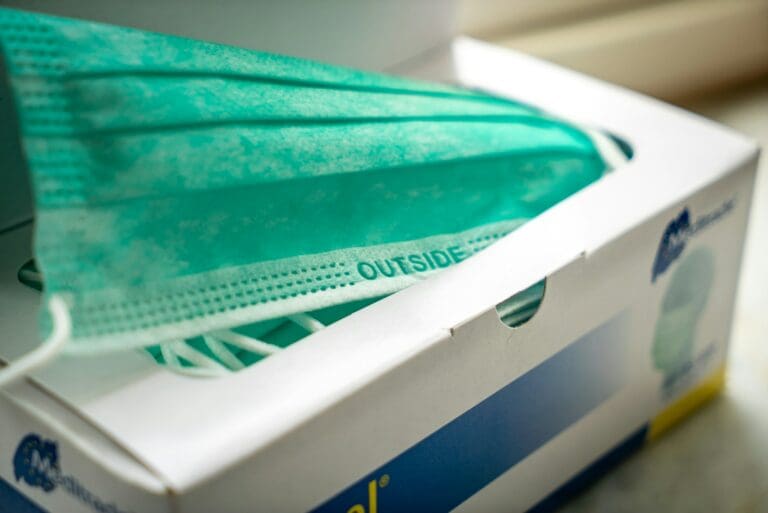Whooping cough, also known as pertussis, is a highly contagious respiratory disease caused by the Bordetella pertussis bacteria. It starts off like a common cold but can progress into severe coughing fits that may last for weeks or months. This disease can be particularly dangerous for infants, as it can lead to severe complications such as pneumonia, seizures, and even death. Therefore, it’s essential to understand the basics of whooping cough, including its causes, symptoms, treatment, and prevention.
Causes of Whooping Cough
Whooping cough is caused by the Bordetella pertussis bacteria, which is highly contagious and can spread easily from person to person through coughing or sneezing. The bacteria releases toxins that damage the cilia, the hair-like structures that line the respiratory tract, leading to inflammation and swelling of the airways. Infants and young children are often the most vulnerable to whooping cough because they have not yet been fully vaccinated against the disease. Adults can also contract the disease, especially if their immunity has waned over time or if they were never vaccinated.
Symptoms of Whooping Cough
The symptoms of whooping cough typically start off like a common cold, with a runny nose, mild cough, and low-grade fever. However, after a week or two, the coughing fits become more severe, often leading to vomiting or exhaustion. During the coughing fits, the patient may make a whooping sound as they gasp for air. The coughing fits can last for several weeks or even months, and the disease can be particularly dangerous for infants and young children.
Treatment of Whooping Cough
Treatment for whooping cough typically involves a combination of antibiotics and supportive care. Antibiotics can help shorten the duration of the illness and prevent it from spreading to others. Supportive care may include getting plenty of rest, drinking fluids, and using a humidifier to ease coughing fits. Infants and young children may also need to be hospitalized if they experience severe symptoms or complications.
Prevention of Whooping Cough
Whooping cough, also known as pertussis, is a highly contagious respiratory infection caused by the bacteria Bordetella pertussis. This infection can be especially dangerous for babies, and it is important to take steps to prevent its spread.
One of the most effective ways to prevent whooping cough is through vaccination. The pertussis vaccine is included in the routine childhood vaccination schedule, and adults are also recommended to receive the vaccine if they have not yet been vaccinated or if their immunity has waned over time. It is important to note that the immunity provided by the vaccine may decrease over time, so it is important to receive booster shots as recommended by your healthcare provider.
In addition to vaccination, there are other preventive measures that can be taken to reduce the spread of whooping cough. Practicing good hygiene, such as washing hands regularly and covering your mouth and nose when coughing or sneezing, can help prevent the spread of the bacteria. It is also important to avoid close contact with anyone who has whooping cough, and to stay home if you are sick to avoid spreading the infection to others.
Overall, the prevention of whooping cough requires a combination of vaccination and good hygiene practices. By taking these steps, we can help protect ourselves and those around us from this dangerous respiratory infection.
Conclusion
In conclusion, whooping cough is a highly contagious respiratory disease that can be particularly dangerous for infants and young children. It is caused by the Bordetella pertussis bacteria and can lead to severe coughing fits that may last for weeks or months. Treatment typically involves antibiotics and supportive care, while prevention is best achieved through vaccination and good hygiene practices. If you or your child are experiencing symptoms of whooping cough, it is important to seek medical attention right away to prevent the disease from progressing and causing complications. By understanding the basics of whooping cough, we can take the necessary steps to protect ourselves and those around us from this potentially life-threatening illness.

